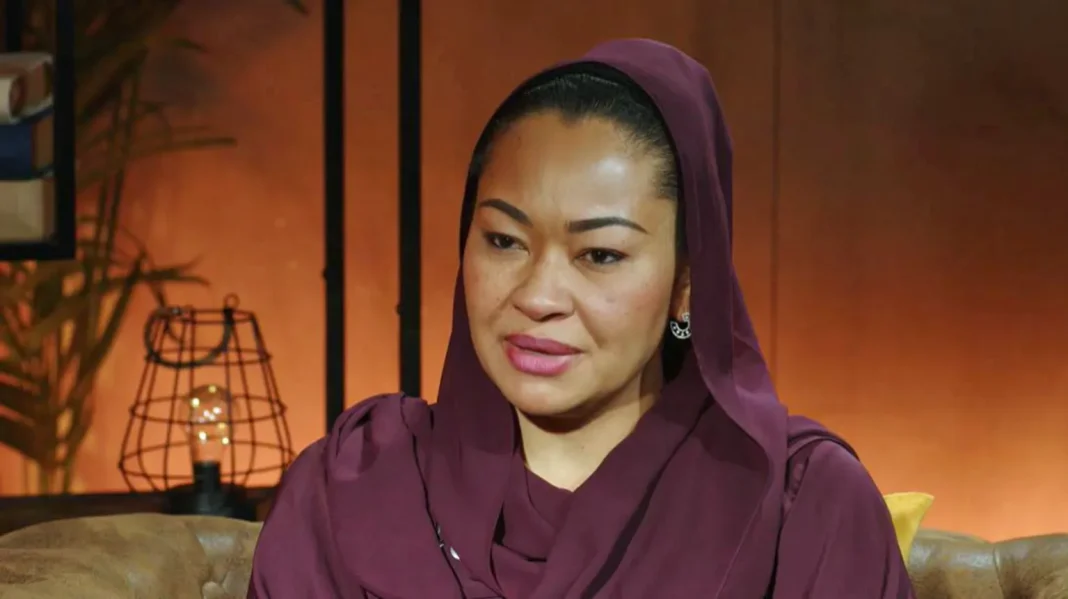The case involving Nigerian Senator Natasha Akpoti-Uduaghan has sparked significant debate and raised questions about gender equality and power dynamics in Nigerian politics. Akpoti-Uduaghan, who represents the opposition Peoples Democratic Party (PDP), alleges that she was sexually harassed by Senate President Godswill Akpabio. She has shared that the harassment began in 2023 during a visit to Akpabio’s country home, where she claims he made suggestive comments and gestures. She also alleges that the harassment continued with sexist remarks in the Senate, with Akpabio and other senators laughing and dismissing her concerns.
Akpoti-Uduaghan’s accusations have led to her suspension for six months by the Senate, following an ethics committee ruling that she was “unruly and disruptive.” This has sparked widespread criticism, particularly from civil society groups and women’s rights activists who argue that her suspension is retaliatory for speaking out against sexual harassment in a male-dominated political environment. Akpoti-Uduaghan herself has said that the Senate operates like a “cult,” where dissent is not tolerated, and that she now fears for her safety, especially after her security detail was removed.
Akpoti-Uduaghan’s petition to the Senate, which sought to address the harassment allegations, was dismissed due to “procedural errors.” However, she remains determined to continue speaking out about what she believes is a pattern of mistreatment of women in Nigerian politics. She has stated that her legal battle is not just for her own justice but for other women who may be experiencing similar harassment but lack the courage to speak up.
The case also highlights the deep gender disparity in Nigeria’s political system. Of the 109 members of the Senate, only four are women, and Akpoti-Uduaghan is the first female senator from her state. This unequal representation, coupled with the hostile treatment she has faced, underscores the challenges women face in Nigerian politics.
Despite facing criticism, misogynistic abuse, and personal threats, Akpoti-Uduaghan remains resolute in her pursuit of justice. She has received support from other female politicians and women’s rights groups, both in Nigeria and abroad, who see her as a symbol of resilience for women fighting for a voice in male-dominated political spheres.


